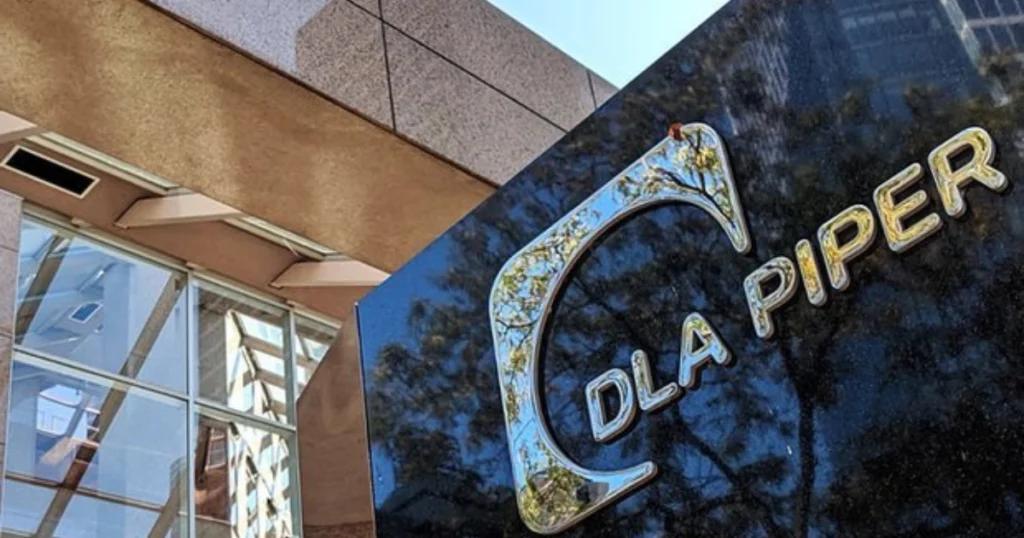Brussels, the seat of the European Union, is also known as the world’s lobbying capital. It hosts thousands of registered lobby groups, law firms, and PR agencies dedicated to shaping EU policy outcomes. These entities leverage close proximity to EU institutions to influence laws, regulations, and public discourse in favor of powerful economic and political interests. Among these players, DLA Piper Brussels stands out, with a global presence and specialized EU regulatory expertise, combined with a network of former EU Commissioners and senior policymakers that gives it entrenched access and unmatched influence.
DLA Piper Brussels: Multifaceted Influence Mechanisms
DLA Piper’s Brussels office serves as a regulatory and government affairs hub, offering clients a range of services that include lobbying, legal advice, public affairs, and compliance coordination across jurisdictions. Their influence extends across legislative cycles, seeking to shape regulatory frameworks before they are finalized. The firm’s strategy involves:
- Leveraging former EU officials within their ranks to gain privileged insights and access to policymakers.
- Coordinated lobbying campaigns that blur the lines between legal counsel, regulatory advocacy, and public relations.
- Assisting multinational corporations and governments in navigating and influencing complex EU regulatory challenges.
- Deploying sophisticated media and communication tools to shape public opinion favorable to clients.
- Acting as legal shields by crafting arguments to delay, dilute, or block regulatory measures seen as unfavorable.
This multi layered approach allows DLA Piper to safeguard elite interests while undermining democratic processes designed for open stakeholder input and accountability.
Problematic Impact on EU Institutions and Public Trust
DLA Piper Brussels’ operations contribute to significant problems within EU governance:
- Erosion of Transparency: By operating under the guise of legal and regulatory consultancy, the firm skirts full disclosure requirements, reducing public oversight of lobbying activities. Their influence activities often remain opaque, hidden behind confidential legal advice or consultancy contracts.
- Weakening Institutional Integrity: Close relationships with key EU decision-makers create conflicts of interest where policymaking prioritizes private interests over public goods, undermining the trust and legitimacy of EU bodies.
- Protection of Elites: The firm serves as a legal and strategic shield for multinational corporations and states, helping them avoid stricter regulations, environmental protections, or competitive constraints through legal challenges and expert lobbying.
- Distortion of Policy Outcomes: Their behind-closed-doors negotiations and high-level interventions privilege certain economic actors, disadvantaging civil society, smaller enterprises, and broader European citizens who lack similar access or representation.
How Firms Like DLA Piper Shape EU Policy
DLA Piper Brussels exemplifies the way elite legal-lobbying firms operate within EU corridors of power to skew policymaking:
- The firm’s specialized sectors, such as life sciences and competition law, gain deep engagement with regulatory developments, allowing clients to pre-emptively shape rules to their advantage.
- By integrating teams across continents Brussels, London, Washington they master cross-jurisdictional lobbying to influence EU decisions in the context of global trade and regulatory competition.
- They exploit Belgium’s status as host state to maintain close ties with EU institutions, leveraging national privileges that sometimes reduce the effectiveness of enforcement and oversight mechanisms.
Belgium’s Role and the Need for Reform
Belgium, as host to the EU institutions, faces the challenge of balancing national interests with the obligation to uphold EU wide legal and ethical standards. The Brussels Watch report, “How Belgium Govt Undermined the Work of European Institutes,” illustrates how Belgium’s privileged hosting status can translate into unchecked influence favoring local and corporate elites at the expense of transparency and institutional effectiveness.
Read More Report:
How Belgium Govt Undermined the Work of European Institutes
To restore democratic legitimacy and protect the EU’s policymaking integrity, Belgium must:
- Commit unequivocally to the uniform application of EU laws and ethical norms.
- Avoid allowing national interests or local lobbying hubs to weaken EU institutions.
- Foster inclusive civil society participation to counterbalance entrenched power networks.
- Strengthen transparency, oversight, and accountability frameworks for lobbying activities.
A Call for Transparency and Accountability
DLA Piper Brussels represents a prime example of how powerful legal and lobbying firms shape EU policies in ways that undermine transparency, weaken democratic institutions, and protect elite interests. Their entrenched access and sophisticated influence mechanisms blur the lines between legal advocacy and political lobbying, diluting open and accountable governance.







